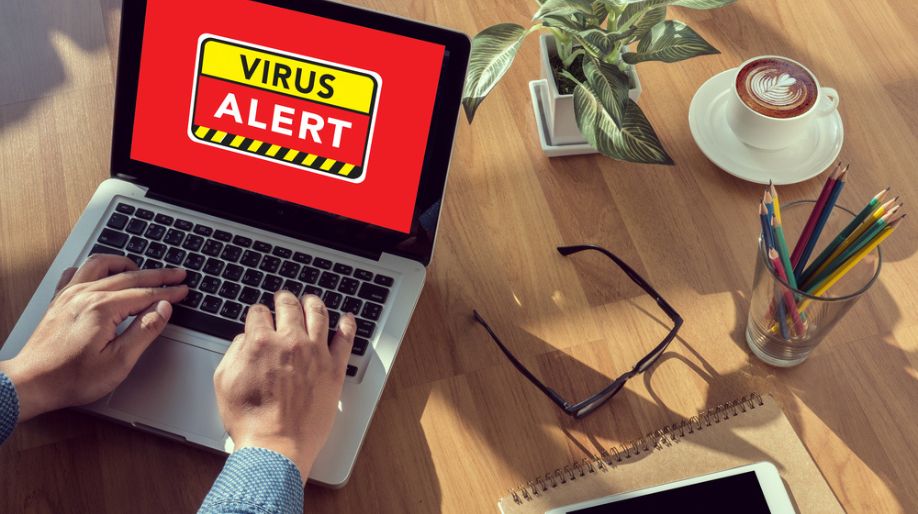A computer virus is a type of computer program, without the user’s consent or knowledge it gets replicated itself by making multiple copies.
With the development of the internet, viruses can be shared across globally which can affect numerous systems.
The following are the ways Computer virus spread
- Accidentally opening an infected email link or an attachment.
- From the internet, by downloading infected programs.
- Through external storage such as an infected floppy disk, pen drives and CDs.
- By sharing an infected program over a network and running it on the
system.
The following are the symptoms of computer viruses
- It takes a long time to load programs on your computer.
- The files get renamed with different names.
- There will be frequent unusual error messages on the screen.
- System data and programs either gets corrupted or deleted.
Types of Computer Virus
Boot Sector Virus –
- It is the most hostile types of virus.
- It infects the boot record of a hard disk or a floppy disk.
- The virus moves the boot sector data to a different part of a disk.
File Infecting Virus –
- These viruses infect program files on a disk.
- The virus code gets launched, on launching the program.
- On launching the virus code, the program which is infected gets executed.
Multipartite Virus –
- It affects both the files and boot sector of a disk.
- Hence this virus is the combination of parasitic and boot sector virus.
- Initially, they infect the program files and on execution, these viruses affect the boot record.
Macro Virus –
- These viruses infect the Microsoft Office programs such as Excel, Word, Access and PowerPoint.
- On opening Microsoft program the virus gets loaded and it affects the normal template or document.
- These viruses can easily affect other computers when an infected document is shared and executed in the system.
Script Virus –
- These viruses are written in script programming languages.
- Script programming languages such as VBScript and JavaScript.
- This virus can infect a computer through various scripting environments.
- Scripting environments such as Windows Help, Windows installation files and Windows registry files.
On March 26, 1999, there was an email pushed to millions of people with the subject, 'important message.' The email had a content suggesting that it was a private document for the viewer's eyes only.
A virus called Melissa, named after an erotic dancer in Florida infected their computer after opening the email. The virus affected the system by sending the same email to 50 different email addresses.
Virus looks like a normal email with an attachment, greeting card, or image, when people click on it they get multiplied and spreads across.
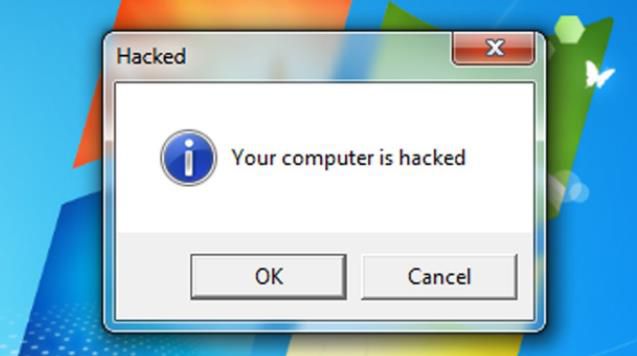
Anti-Virus Software
- We can prevent our computer from virus attack with the help of Anti-virus software.
- It is a program that is specially designed to prevent, detect and remove software viruses.
- These viruses are also other malicious software like Worms, Trojans, Adware, and more.
- It is important to have anti-virus software installed and is to be up-to-date because it prevents the computer from virus attack on connecting to the internet.
- The below given are the functions of anti-virus software
- It helps to scan files or directories
- It allows to schedule scans and it automatically runs to detect the virus.
- It allows to initiate a scan of a specific file of your computer, or of a CD or flash drive at any time
- Removes any malicious code on detection
Ways to avoid the virus attacks
- Scan all the email attachment before opening them
- Install your computer with a good anti-virus program to scan for viruses
- Scan the disk frequently for viruses
- Never install any pirated software
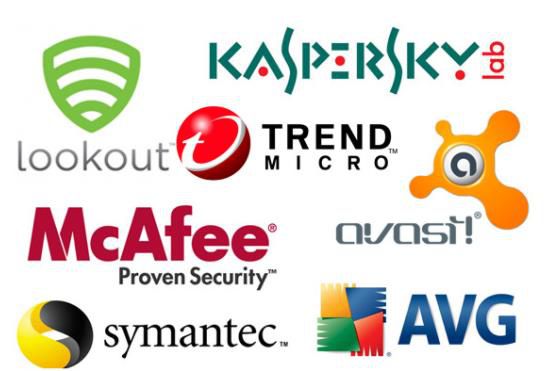
Below listed are the 10 important tips on preventing malware from infecting your computer and keeping the hardware safe.
- Anti-Virus/Malware Software to be installed
- Install anti-virus software in your PC
- While connecting to any external hardware run the anti-virus software
- Anti-Virus Software Up to Date
- Keep the software updated to the latest version
- Microsoft does provide a security package for “free".
- However, we need to pay for Windows OS
- Schedule regular scans with Anti-Virus Software
- You can set up to run this software at regular intervals Upgrade your OS
- It is equally important to upgrade your system OS
- Upgrading your OS will also help in security patches that fix and plug security leaks.
- Secure your network.
- Our systems are connected to external devices via the Wi-Fi connection
- Ensure that your Wi-Fi is protected with a password
- Never have an open Wi-Fi connection
- Enter username and password of Wi-Fi connection and use whenever required
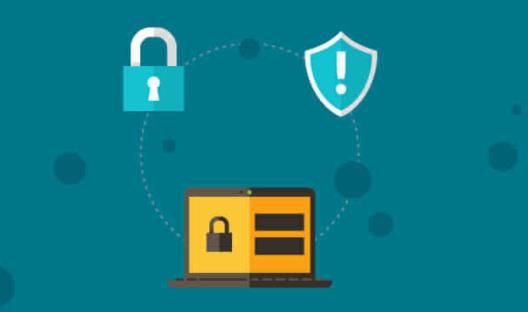
- Think before you click
- Do not use websites that provide pirated material.
- Avoid opening the email attachment from an unknown sender.
- Do not click on any unsolicited link.
- Keep your Information safe
- One of the hardest thing to do on the internet.
- Most of the hackers access your files and gain information through social media.
- They try to access to your online accounts and will glean more of your data.
- They can either steal your identity or access your banking data.
- Be extra cautious about the content posted on social media.
- Lock your system and try to protect your information with privacy settings.
- Don’t Use Open Wi-Fi
- Try not to use free Wi-Fi which is available at the local coffee shop, library, and especially at the airport.
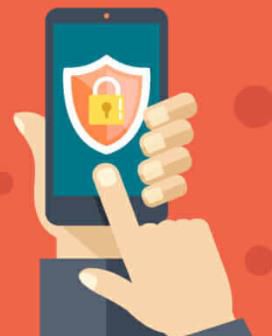
- Back up your files
- To ensure we do not lose the content or save files on our system it is always important to back up our data.
- You can also store the data in an external disk as well.
- Use multiple strong passwords
- Use a strong password and never use the same password, especially on your bank account.
- A password should always be a combination of alphanumeric and special characters.
- A password should not be disclosed to anyone.
Recap
A computer virus is a type of computer program, without the user’s consent or knowledge it gets replicated itself by making multiple copies.
Ways Computer virus can spread
Symptoms to know if a computer is affected
Type of computer virus
- Boot Sector Virus
- File Infecting Virus
- Multipartite Virus
- Macro Virus
- Script Virus
Anti-Virus Software
Ways to avoid the virus attacks
10 important tips on preventing malware

